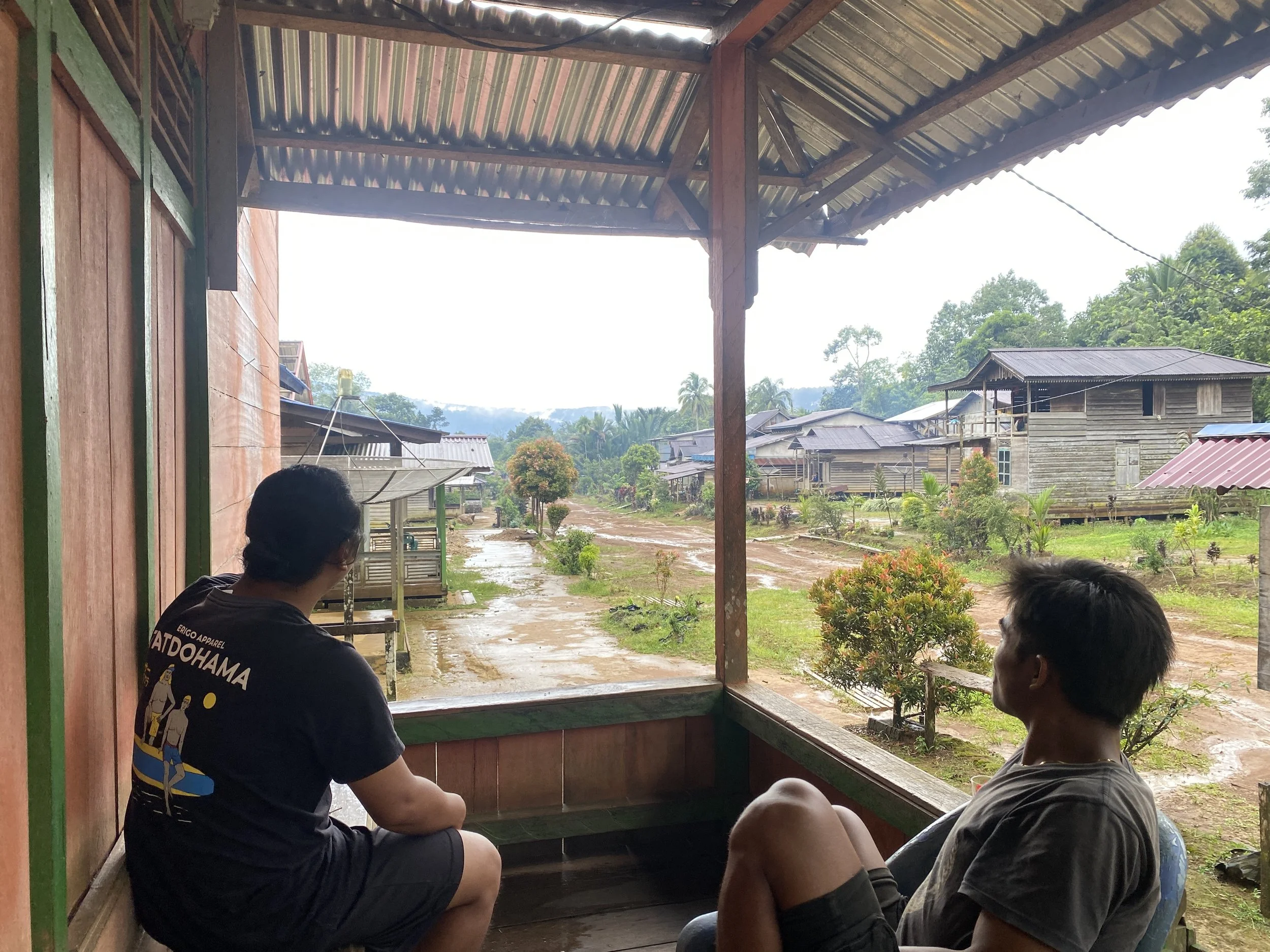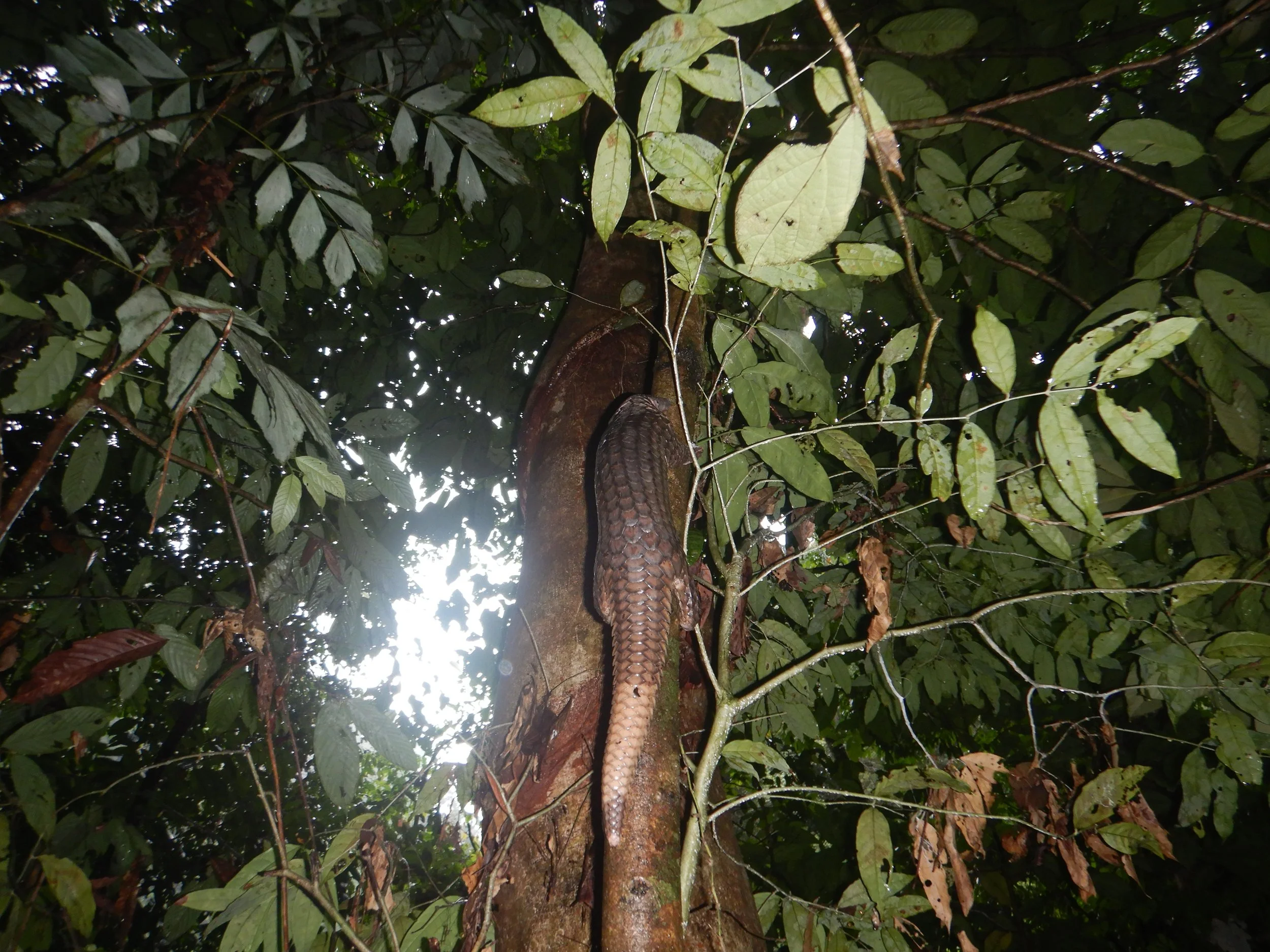As we sit and reflect, it feels almost surreal to think that it has been ten years since we founded Planet Indonesia. A decade ago, we began with a simple but profound question: How could we put communities back in the lead, giving them control over their social and ecological futures?
Read MoreAt Planet Indonesia, we believe that effective and lasting conservation begins with people who have been the guardians of their lands for generations. It starts with the communities whose traditions are interwoven with the forests, rivers, and oceans they call home. That’s why we’re excited to introduce Aliansi Bumi Kita (Our Earth Alliance), a dynamic coalition of grassroots organizations, Indigenous communities, and civil society groups across Indonesia, united by a shared mission of social and environmental transformation.
Read MoreThis year’s UN biodiversity conference (COP16) achieved important progress in recognizing and expanding the crucial roles of Indigenous Peoples and Local Communities (IPLCs), reflecting a growing agreement in the global conservation community about the need for inclusive and equitable approaches. Centering IPLCs and social justice is especially necessary now, as conservation is being scaled up to address the magnitude of the threats to biodiversity.
Read MoreEarlier this year, 109kg of pangolin scales were seized just south of the city of Pontianak by Kalimantan’s Environmental and Forestry Law Enforcement Agency (Gakkum) [Ref]. That represents 179 individual Sunda pangolins - if we go by Yang et al’s calculations [Ref] - poached from the wild and stripped of their scales for sale. This one seizure, in which 3 were arrested, follows a pattern of seizures, arrests, and prosecutions of pangolin traders in West Kalimantan over the last few years. In one of the largest cases from 2023, experts claimed up to 2000 pangolins could have been killed for the scales in just one seizure.
Read MoreThe excitement and challenges of new partnerships
Late at night, we find ourselves on the patio of the village head. Jino, one of Planet Indonesia’s longest-serving team members, arranges coffee cups and cigarette boxes to represent a bridge. The bridge is a metaphor to explain that Planet Indonesia does not bring ready-made solutions but rather helps strengthen local ideas and initiatives (cup 1) by connecting them to technical expertise and government programs (cup 2).
Read MoreAt Planet Indonesia, we pride ourselves on advancing community-led initiatives across social-environmental dimensions. It’s in our DNA, our core model, and our impact hinges upon this value, that communities must have ownership of the process of identifying and realizing solutions.
Read MoreTo mark the 10 years of existence of these important guidelines, we wanted to reflect on what they mean for us as an organization working directly with small-scale fishers. Since 2017, we have worked with small-scale fishers in the Kubu Raya district and more recently with small-scale fishers living inside the Karimata Marine Reserve.
Read MoreIn recent years, alternative livelihoods have gained significant popularity in conservation programs worldwide. These approaches often aim to reduce the dependency of local communities on natural resources that are threatened or endangered - moving people away from an ‘at-risk’ resource.
Read MoreSmall-scale fishers and smallholder farmers in tropical countries are often financially excluded, leading to debt cycles and environmental loss in community-centered conservation areas. Financial exclusion limits access to formal/informal credit and financial services, forcing resource users to rely on sources of credit with high-interest rates and unfavorable terms.
Read MoreSmall-scale fishers from Kubu Raya have been actively managing the mud crab fishery since 2017. Since this time, they have implemented around two temporary mud crab fishery closures per year and, in 2019, introduced and established an additional 900 hectares of permanent no-take zones in the mangroves.
Read MoreTanguar Hoar, located at the foothills of the Meghalaya state of India, hosts a unique ecosystem covering 2,800 hectares (6,900 acres) of wetlands. As one of the largest wetland ecosystems in the country, the Tanguar Haor was also once very rich in fish biodiversity and fishery resources, supporting the livelihoods of tens of thousands of fishermen.
Read More











